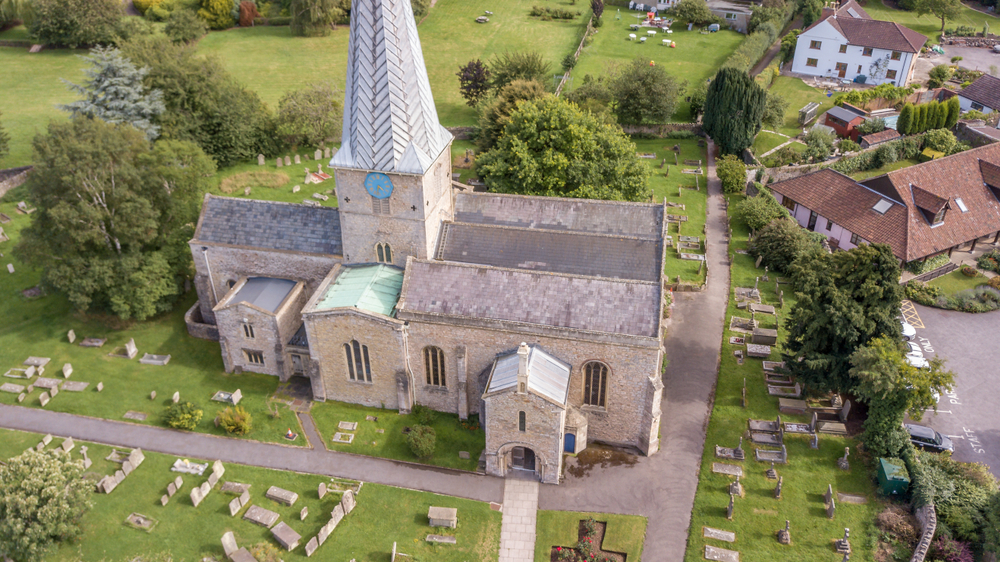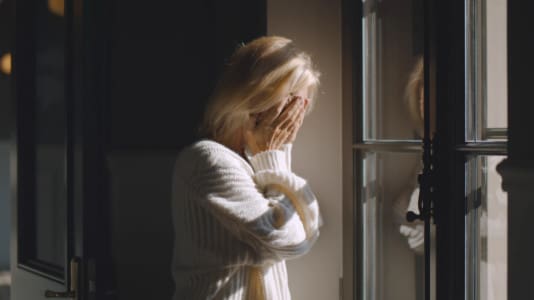Britain can no longer call itself a Christian country and the Church of England must liberalize to remain relevant in an increasingly secular and skeptical society, a majority of clergymen have claimed.
A landmark poll conducted by The Times newspaper revealed the pressure felt by many priests across the country at a time when the percentage of residents living in England and Wales who identify as Christian has dropped to below half to 46 percent for the first time.
Just 24.2 percent of respondents answered “Yes” when asked whether they believe that Britain could still describe itself as a Christian country. On the contrary, 64.2 percent answered “Only historically, not currently,” and 9.2 percent replied “No.”
Fewer than half of respondents (43.9 percent) were adamant their church would still be holding a Sunday service in 10 years’ time, although 20.9 percent did say it was “fairly likely.” However, 9.5 percent thought it “fairly unlikely,” 4.9 percent believed it to be “very unlikely,” and 6.1 percent revealed their local church had already ceased to host worship every Sunday.
Similarly, two-thirds of priests (66.7 percent) believe the dwindling of church attendance will continue over the next decade, with just one in ten (10.5 percent) confident that the number of churchgoers will increase.
The survey found a consensus among the clergy for the Church of England to permit priests to conduct same-sex marriages and to allow gay priests to marry their same-sex partners, showing the Church’s willingness to abandon longstanding principles and bend its traditional holy teachings to an increasingly liberal society.
More priests than not also indicated their willingness to personally marry gay couples, with 49.2 percent in favor versus 41 percent against.
The position indicates a considerable deviation from the resolution agreed upon by Anglican churches worldwide in relation to homosexuality, which states it is “incompatible with scripture.” The Times poll revealed that almost two-thirds (64.5 percent) of respondents considered this teaching to be antiquated and were in favor of ending it.






